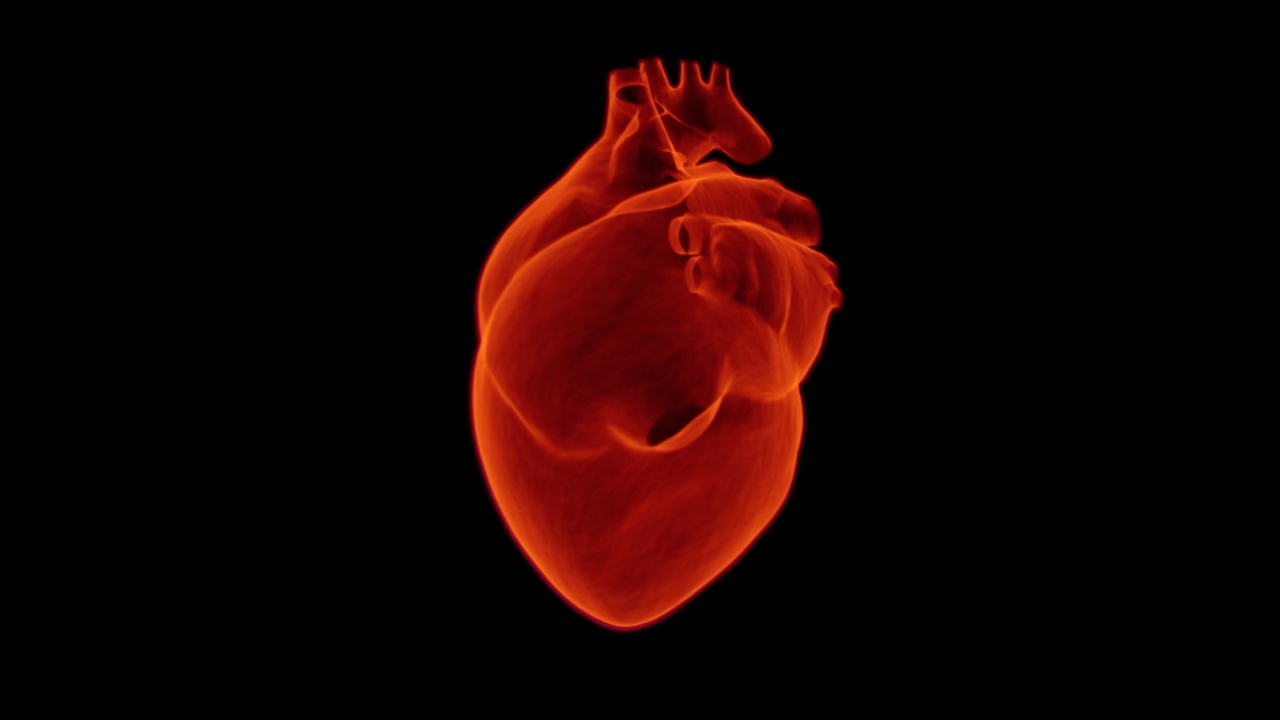A preventative cardiologist focuses on lowering a patient’s risk for developing heart disease and having a first heart attack or stroke. Also, a cardiologist prevents further health issues in people who already have heart disease.
Symptoms of heart disease are chest pain, high blood pressure, and dizziness. Other symptoms are a history of smoking, high cholesterol, chronic kidney disease, or physical inactivity. A cardiologist will review a patient’s medical history and then perform a physical examination, and may carry out tests such as an EKG, or echocardiogram.
Three main reasons why people are referred to a heart specialist are if a person has a history of heart disease, family history, or pregnancy complications.
To conclude, a cardiologist focuses on lowering a patient’s risk for developing heart disease and having a first heart attack or stroke. Talk to your doctor and find out more.




